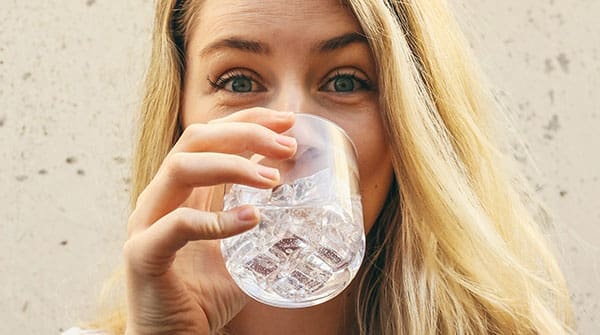Deciphering the safety of drinking water while travelling abroad
One of the common concerns travellers face when visiting new destinations is the safety of drinking water. The question often arises: “Is it safe to drink the tap water, or should I stick to bottled water?” This article explores the factors to consider and offers essential tips to ensure a hydrated and healthy journey while savouring new experiences.
Tap Water: To Drink or Not to Drink?
The answer to whether tap water is safe to drink depends on the specific location you’re visiting. In most developed countries, tap water is generally safe for consumption as it undergoes rigorous treatment processes to ensure its potability. Countries such as the United States, Canada, Europe, and many others have stringent water quality standards, making it safe to drink water from the tap in most urban areas.
 Photo by Giorgio Trovato |
| Related Stories |
| On the road to travel trauma? How to find a better route
|
| B.C. rec sites a natural delight for hardy campers
|
| Is it Brugge or is it Bruges?
|
However, when travelling to less developed countries or regions with limited water infrastructure, tap water may not be safe due to potential contamination by harmful microorganisms. Drinking contaminated water can lead to waterborne diseases such as Hepatitis A, bacillary dysentery, typhoid fever, and cholera.
Precautions for Drinking Tap Water Abroad
Check Local Advisories: Before travelling to a new destination, research the water safety situation and any advisories issued by local authorities or your country’s embassy.
Observe Hotel Warnings: Most reputable hotels will inform guests if tap water is unsafe for consumption. They may provide bottled water for drinking and brushing teeth.
Avoid Ice and Unsealed Bottles: In countries with questionable water quality, skip ice in drinks and opt for canned or bottled beverages. Ensure that your bottled water is properly sealed to avoid refilled bottles from potentially unsafe sources.
Boil Water or Use Water Filters: It’s best to boil water before drinking or use portable water filters to ensure its safety in remote or wilderness areas.
Bottled Water: A Reliable Alternative
Bottled water is a convenient and widely available option for travellers who prefer an added layer of assurance. Hotels, tour companies, stores, and roadside stands often offer bottled water, making it easily accessible almost everywhere.
Staying Hydrated
Regardless of the water source, staying hydrated is crucial during travels. Exploring new places, engaging in activities, and navigating different climates can increase water loss through sweat. Carry a refillable water bottle and ensure you drink enough water throughout the day to stay hydrated.
Additional Precautions with Food
Water isn’t the only source of concern when it comes to staying healthy while travelling. Food safety is equally important. Avoid consuming raw or undercooked foods, especially seafood and meat. Opt for fruits and vegetables that can be peeled, as this reduces the risk of contamination. Wash your hands regularly, particularly before eating, to prevent the transmission of germs.
While the decision to drink tap water while travelling varies from place to place, taking necessary precautions and staying informed about local water quality is key to a healthy journey.
Tap water is generally safe in developed countries, but travellers should remain cautious in less developed regions. Bottled water is a reliable alternative and widely available, offering peace of mind to those who prefer it. Remember to prioritize hydration, enjoy local culinary delights responsibly, and make the most of your travels with a focus on health and safety.
| Troy Media
The opinions expressed by our columnists and contributors are theirs alone and do not inherently or expressly reflect the views of our publication.
© Troy Media
Troy Media is an editorial content provider to media outlets and its own hosted community news outlets across Canada.

